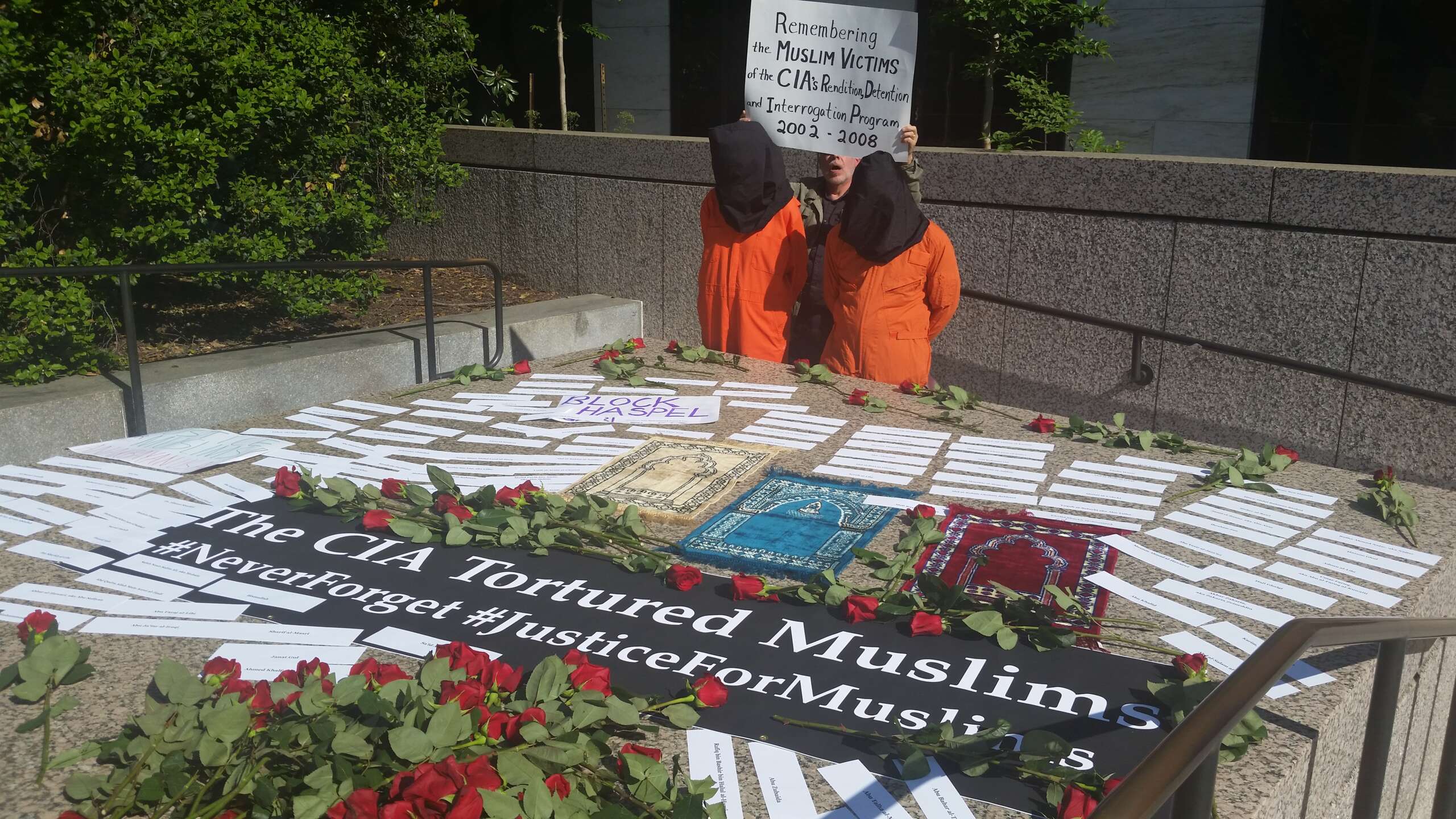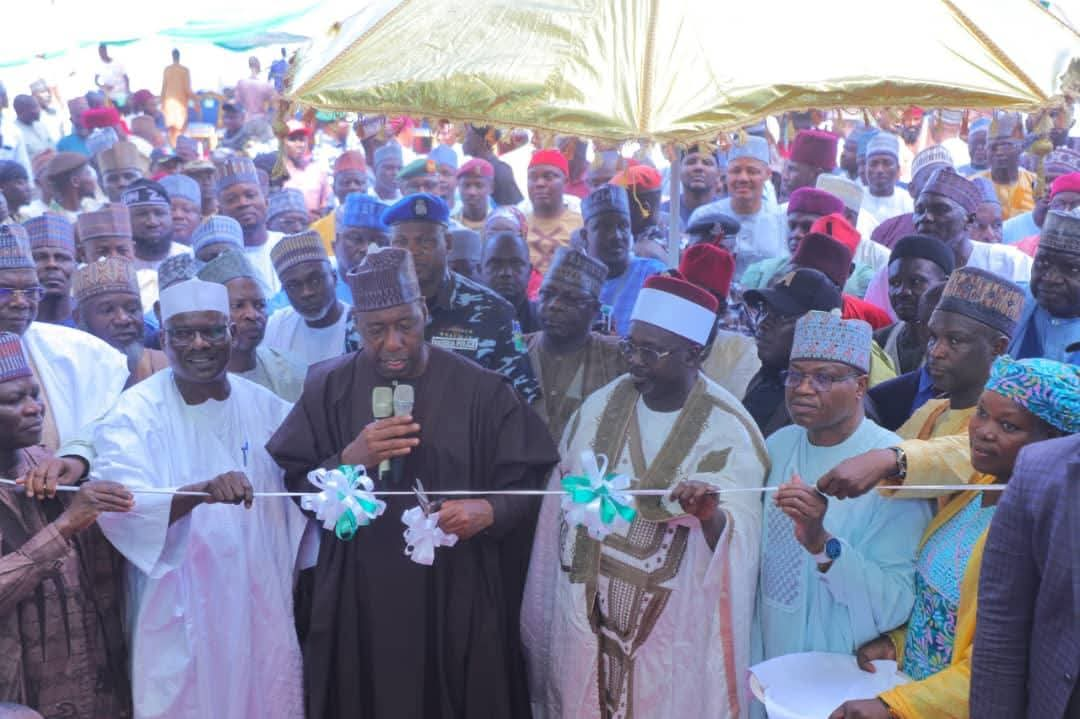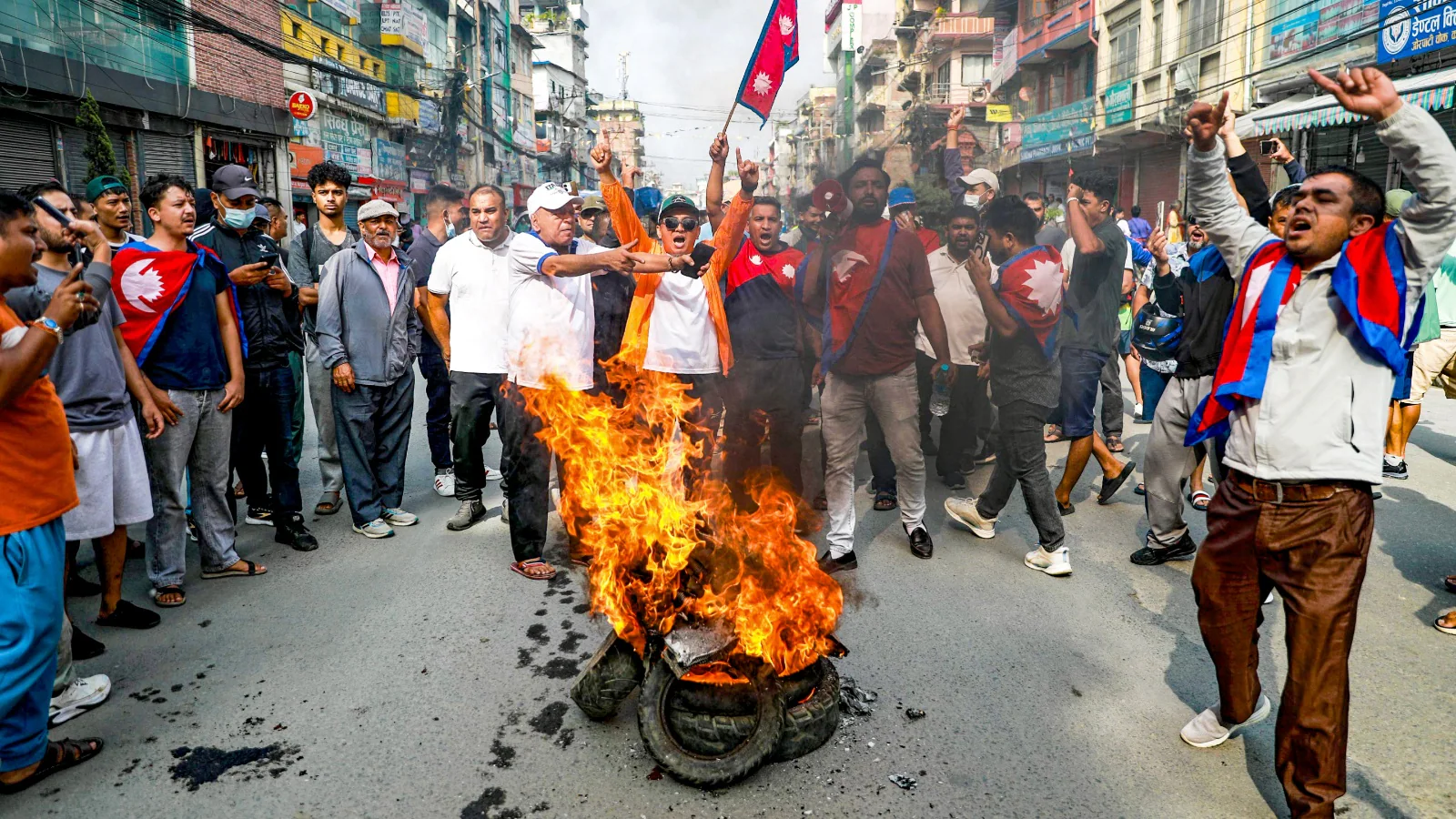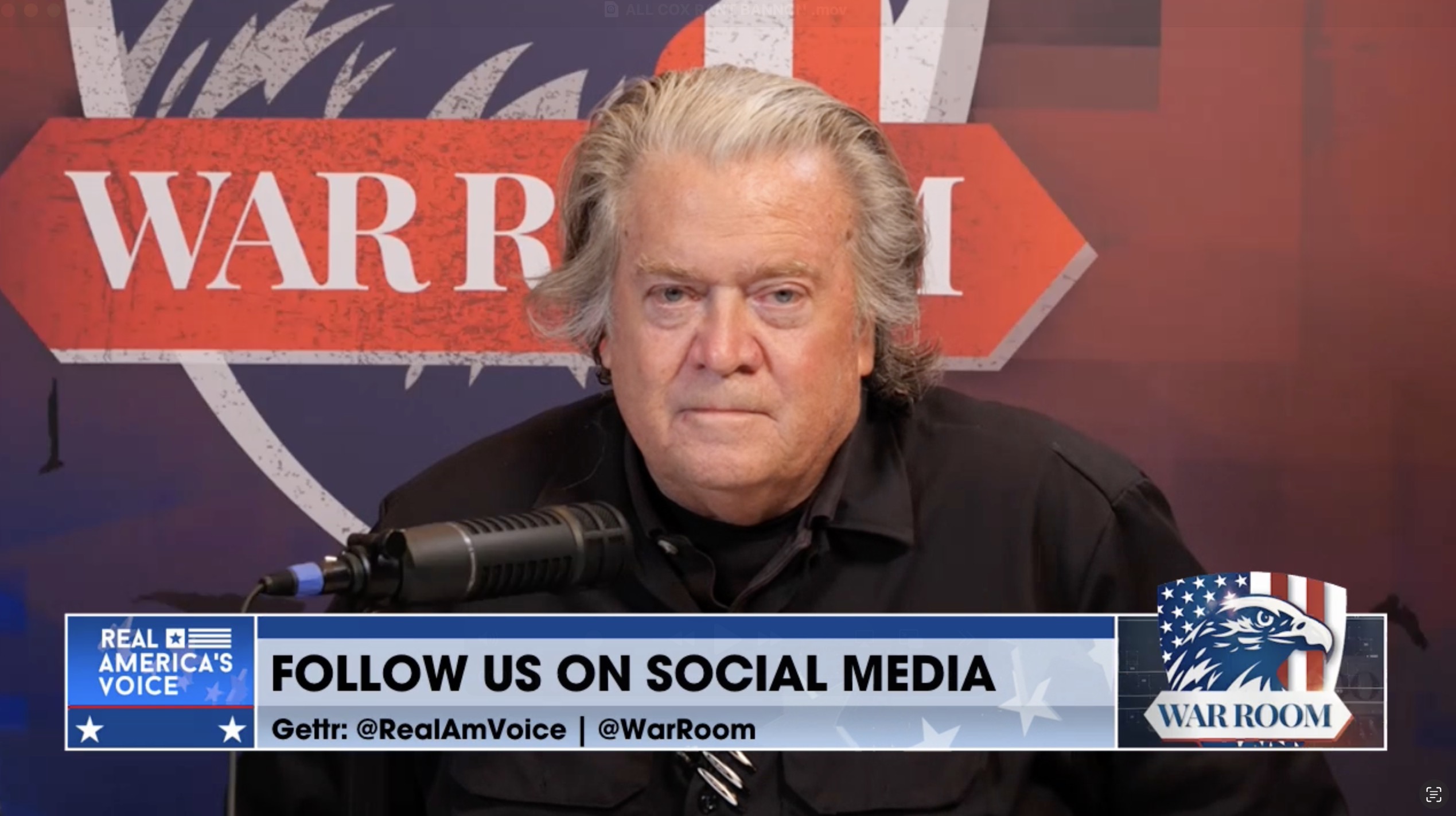By Maha Hilal
Copyright truthout

In a video reportedly from 2006, a young Iraqi child was captured asking a U.S. soldier why America killed his dad. The soldier being questioned responds that it wasn’t him who killed the young boy’s father. When the child continues his line of questioning, the soldier turns the question around, asking him “do you hate Americans?” and “do you want to shoot me?” Elsewhere, graffiti on a wall in Sanaa, Yemen, depicts a U.S. drone and text written in Arabic and English by a child that says “why did you kill my family.”
Thousands of miles away, Hussein Al-Marfadi, one of many Muslim men who were incarcerated at Guantánamo Bay without charge, was transferred after 12 years in detention to Slovakia — a country where he had no roots. Lamenting his predicament, he said the Americans “killed our youth in Guantánamo and then they tossed us away like garbage.”
At another notorious prison, Abu Ghraib, a prison that the U.S. took over after it destroyed and occupied the country in 2003, Iraqis were subjected to the most egregious torture at the hands of Americans. Commenting on how his experience at the prison impacted him, Talib al-Majli — an Iraqi man who was incarcerated there for 16 months and never charged with anything — stated that “To this day I feel humiliation for what was done to me … The time I spent in Abu Ghraib — it ended my life. I’m only half a human now.”
Amid the violence of the U.S.’s war on terror, these stories, and hundreds of thousands more like them, are a reminder that Muslim people and communities have been rendered disposable as a means to the U.S.’s national security ends.
Unfortunately, the violence of the war on terror, which has been marked by militarism, draconian immigration policies, surveillance, federal terrorism prosecutions, detention, and torture has, thus far, continued unbated. This has resulted in the ongoing targeting and victimization of Muslim and other marginalized communities. Moreover, since Donald Trump began his second tenure as president, he has executed the “war on terror” with even greater fervor — expanding the post 9/11 “forever wars” and constructing new “security threats.”
Night Fell on a Different World
On September 20, 2001, in a speech to a joint session of Congress, President George W. Bush said that after the 9/11 attacks, “night fell on a different world.” Every year since the attacks, Bush and subsequent presidents have delivered remarks to commemorate September 11, 2001, reiterating the narratives of the war on terror, and mourning the victims of this tragedy. Last year, on September 11, 2024, a statement from President Joe Biden read in part, “Today, our nation comes together to renew our sacred vow: Never Forget.” Four years earlier, during Trump’s first term as president, he issued a proclamation that designated September 11 as Patriot Day. Similar to Biden, Trump reiterated the commitment that the United States would not forget the victims of the attacks with the assertion that “America steadied its resolve to hold accountable those who had attacked us and to ensure it would never happen again.”
Although the practice of official state commemorations can be expected, commemorations of 9/11 have gone beyond honoring the victims of the attacks, instead serving to weaponize grief in order to justify state violence. Using examples from the United States and Israel, “mourning par excellence,” is how Leeat Granek describes the work of nationalizing and politicizing grief as a means of justifying continued military engagement that executes further violence and kills even more people in its wake.
After 24 years of the war on terror and no acknowledgement of the violence that has been inflicted on Muslims and other marginalized communities, 9/11 commemorations by the state that are devoid of any recognition of the victims that the war on terror has created reinforce and entrench a certain idea of whose lives are grievable and whose lives are ungrievable. Philosopher Judith Butler describes the concept of “grievability” in their book Precarious Lives:
Some lives are grievable, and others are not; the differential allocation of grievability that decides what kind of subject is and must be grieved, and which kind of subject must not, operates to produce and maintain certain exclusionary conceptions of who is normatively human: what counts as a livable life and a grievable death?
Reinforcing Ungrievability
In 2024, on the 6th annual commemoration of the International Day of Remembrance and Tribute to the Victims of Terrorism, then-State Department Spokesman Matthew Miller asserted in his statement to mark the day that “victims of terrorism must remain at the forefront of efforts to provide them with the justice and support they deserve” and that “we are committed to preventing future attacks and to hold terrorists to account for their crimes.” Though it was the UN General Assembly that established August 21 as this day of remembrance in 2017, the commemoration has provided a new platform for the U.S. to justify continued war. Moreover, by representing any violence by non-state actors as terrorism, the U.S. acts to depoliticize it in order to justify state violence as the only legitimate response.
Selective State-Sanctioned Mourning
On September 17, 2021, former Secretary of Defense Lloyd Austin issued an apology after an investigation revealed that the U.S. killed 10 members of an Afghan family, including 7 children. In his apology Austin asserted: “No military works harder than ours to avoid civilian casualties. When we have reason to believe we have taken innocent life, we investigate it and, if true, we admit it. But we also must work just as hard to prevent recurrence — no matter the circumstances, the intelligence stream or the operational pressures under which we labor.” Though Austin was expressing regret for the loss of this family’s lives, it was only because the U.S. could not plausibly deny its mistake and gross misconduct. This selective and performative apology — a form of acknowledgement and mourning — stood out as an exception, considering civilian deaths are rarely ever condemned by the United States. Even when they are, apologies like this one exist to deny the reality that the U.S. continues to murder civilians in the war on terror and beyond.
In her piece “Public Mourning and the Culture of Redress: Mayerthorpe, Air India, and Murdered or Missing Aboriginal Women,” Amber Dean writes that “state sponsored mourning … frequently precludes opportunities for reckoning with colonial histories and their legacies.” In the case of the U.S.’s murder of an Afghan family — one of the few times state violence was recognized by the U.S. — the apology served to erase the violence that the war on terror wrought at home and abroad long before August 2021.
Political Grief
The ongoing targeting of Muslims and other marginalized communities under the war on terror, coupled with the absence of any recognition of the violence inflicted on them, has produced profound and palpable grief. The authors of the recent paper, “The Significance of Political Grief: An Examination Through Major Global Events,” describe political grief as “the collective mourning experienced by communities facing systemic injustices, such as violence, oppression, and the loss of rights which can be exacerbated by societal structures that deny or diminish the legitimacy of their grief.” In the context of the war on terror, where the terrorist label has been weaponized to implicate Muslims and other marginalized communities, these communities are forced not only to endure relentless state violence but also to face their dehumanization as victims, denied even the legitimacy of their grief.
Although the state politicizes grief and mourning to weaponize state violence, mobilizing grief is not exclusively the domain of the state. By claiming, making public, and mobilizing their own grief, communities can resist the state’s monopoly over the differential allocation of the value of life – over the determination of whose lives have value and whose lives are disposable.
Grief can also serve as a powerful way to activate and motivate social justice claims for the aggrieved. Moreover, by channeling their grief toward collective action, Muslims and other communities impacted by state violence post-9/11 can also resist their erasure and assert their right to define the meaning of loss on their own terms.
One way that Muslim Counterpublics Lab, the organization I founded, has developed to channel political grief is through a physical and virtual exhibit titled “Shattering Justice and Re-Making the Muslim Threat.” Through a timeline of the war on terror, the project captures the violence that the state has wrought on Muslim communities through Muslim eyes. The goal of the exhibit is to provide a robust political education tool to preserve communities’ historical memory of the war on terror. The exhibit also provides an accounting of the trajectory of state violence post-9/11 in order to serve as a counter-narrative to resist the state’s hegemonic discourse on the war on terror and in doing so, provide a platform to support the development of justice claims. The visceral imagery of the timeline communicates the depth of the suffering and grief — thus rejecting the silencing of Muslim pain and grief.
Public Mourning and Remembrance
In her chapter on public mourning and redress, Amber Dean argues that the “lack of public mourning in response to certain deaths is tantamount to a failure to confer a type of symbolic or cultural capital, a capital that establishes one’s place as valued, as citizen, and ultimately as human.”
For communities impacted by the war on terror, this makes public mourning essential. By making grief visible, communities not only affirm the value of victims’ lives but also create platforms to voice collective grievances and to demand accountability for the violence inflicted on them. Public mourning is an act of remembrance told from the community’s own perspective, generating counter-narratives that challenge the state’s narrative violence and undermining narratives that have long justified and sustained state violence.
Public mourning, driven by impacted communities, is also crucial in addressing ongoing violence because it demands recognition and remembrance of the foundations the violence was built on — the foundation the state has tried so desperately to normalize so we forget it. In this vein, we can take heed from Concordia University Professor Yasmin Jiwani’s powerful words: “To remember is a political act as it resists hegemonic power that seeks to suppress subjugated knowledge, rewrite history, and stake claims of innocence.”
Establishing a Day of Mourning and Remembrance
President Bush officially launched the war on terror on September 20, 2001. Twenty-four years and hundreds of thousands of deaths later, the only thing we can expect is for state violence to continue. While we continue resisting this violence, we must continue to actively grieve and publicly mourn. As author C. Melissa Snarr writes in her article “Formative Political Grief,” “part of the work of successful social movements is to structure grief by moving it towards political grievance and collective agency.”
Instead of remembering September 20, 2001, as the day the war on terror was launched, our communities should reclaim it as a day of public mourning. Perhaps September 20 could be known from this year and every forward as the International Day of Remembrance and Mourning for victims of Islamophobia and the war on terror.
This day of mourning would create the space to grieve the countless lives that have been shattered by Islamophobia, the violence that has been unleashed, and the violence that continues in the United States’ global war on terror. Commemorating this day through public mourning would allow us to continue voicing our grievances and sustaining our resistance to state violence and imperialism while asserting our categorical humanity, dignity, and the grievability of our lives. Finally, this act of public and collective mourning would allow us to imagine and articulate a vision of collective liberation for all of our communities.
As the war on terror nears its 25th year, it is imperative to build and institutionalize platforms, public mourning rituals, and commemorations that counter its narratives, memorialize its victims, and preserve their stories as part of a collective demand for accountability and transformation.



